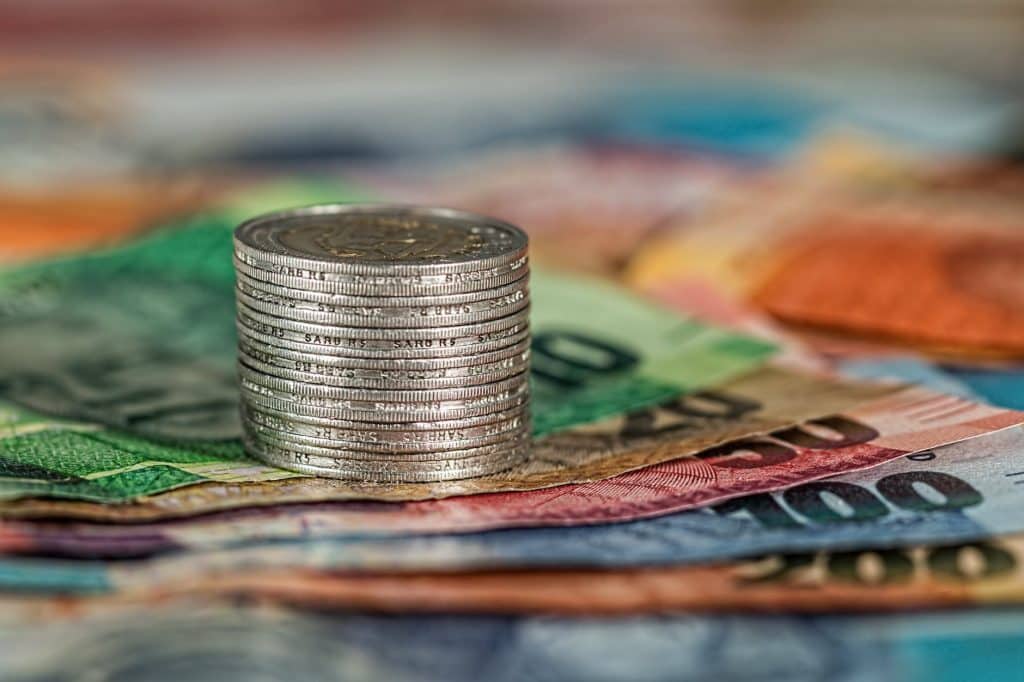Gross Domestic Product and its Impact on Currency Value

Gross Domestic Product, or GDP, is a critical economic indicator that reveals the monetary value of all finished goods and services produced within a country’s borders in a specific time period. It serves as a comprehensive measure of a nation’s overall economic activity. Understanding GDP is crucial for economists, investors, and policymakers because it significantly influences the value of a country’s currency. But how exactly does this happen? Let’s delve into the details.
Gross Domestic Product: A Brief Overview
The GDP of a country is calculated as the sum of private consumption or consumer spending, government spending, investments made by businesses, and net exports (exports minus imports). Essentially, it is the sum of all the economic activity within a country. A high GDP signifies a strong economy, while a low GDP indicates a struggling one.
GDP is typically measured on a yearly or quarterly basis, and growth in GDP is a sign of economic health. However, it is important to note that while GDP serves as an economic health measure, it does not account for the quality of life or economic disparity amongst citizens.
The Effect of GDP on Currency Value
Now, how does Gross Domestic Product influence the currency value? The answer lies in the fundamental principle of supply and demand. A strong GDP signifies a robust economy, which attracts investments from all over the world. Foreign businesses and investors looking to invest or expand their businesses in such an economy need to purchase the local currency, increasing the demand for it. This, in turn, drives up its value.
Conversely, if a country’s GDP is declining, it may signal problems in the economy, discouraging foreign investments. This could lead to a diminishing demand for the local currency, causing its value to decrease.
Moreover, central banks monitor GDP growth to determine their monetary policy. If the Gross Domestic Product growth is strong, central banks may raise interest rates to curb inflation. Higher interest rates make a currency more attractive as they offer better returns on investments denominated in that currency, leading to a rise in its value.
In contrast, if the Gross Domestic Product growth is weak, central banks may lower interest rates to stimulate economic growth. Lower interest rates can lead to a decrease in the value of the currency as it offers less attractive returns on investments.
In essence, the relationship between Gross Domestic Product and currency value is intricate and multifaceted. A strong GDP can attract foreign investment, increasing the demand and value of a country’s currency. However, it can also lead to higher interest rates, which, while potentially offering better returns on investments, may also temper economic growth. Conversely, a low GDP might lead to lower interest rates, which can decrease the currency’s value but could stimulate economic growth. Thus, understanding the dynamics of GDP is pivotal in predicting potential fluctuations in a country’s currency value.

